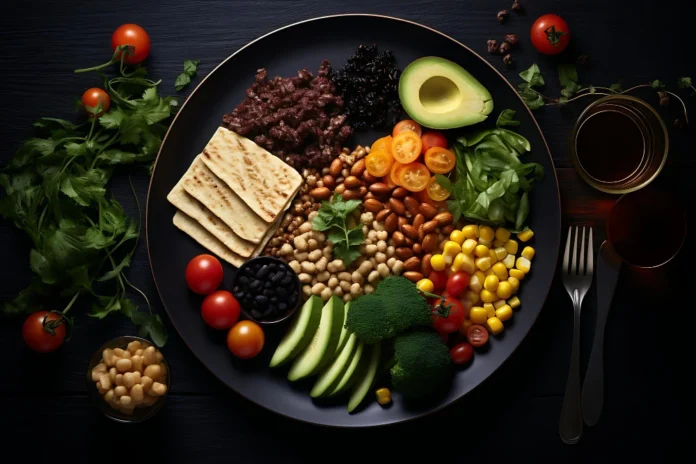At current times, high-protein vegan foods have become a popular trend all around the world. More people are switching to vegan diets for the improvement of their health conditions and also for minimising the environmental impact. Plant-based meals are full of fibres, vitamins and minerals and low in calories helping you to keep up a healthy weight. However, there is a misconception that with vegan food it is difficult to achieve the daily protein intake. But if you think carefully you will realise that plant-based foods actually contain rich protein in the form of peas, lentils, tofus, quinoas and others. Not only that, you can also intake high-quality protein with the right combination of plant-based foods. For example, you can combine nuts or grains with vegetables to ensure a high protein intake. This article will shed light on the advantages of vegan protein to clear out your misconceptions about plant-based diets. So, let’s get into this without further wait.
Protein in a Vegan Diet
Protein is one of the most important macronutrients for the human body and plays a crucial role in immune system function, muscle growth, immune system improvement and other essential body functions. A well-prepared plant-based diet can fulfil all the protein needs of the human body despite the misconception regarding this. There is a wide variety of rich protein sources in vegan foods.
In plant-based foods, you have superior protein sources like beans, lentils, chickpeas and other legumes. Additionally, you can also complete your protein intake through tofu and different types of whole grains including oats, quinoa and brown rice. Last but not least you have different types of vegetables that are rich in protein and they include Brussels sprouts, Spinach, Broccoli and others. You just have to combine these sources in a delicious way in order to ensure a high level of protein intake. Be as much creative as you want with your culinary skills.
Advantages of Choosing Vegan Protein
There are also some great advantages of vegan protein intake that will make you consider switching.
- Easy to digest: Compared to animal protein, plant-based protein is a little mild and goes easy on your stomach. You can digest them easily and don’t have to worry about stomach issues.
- Safe for your heart: The amount of saturated fat is significantly lower in vegan protein compared to animal protein. Saturated fat is unhealthy and often creates various heart issues. By choosing plant-based protein you can avoid these types of issues.
- Full of nutrients: Along with protein, a plant-based diet also contains other essential nutrients like fibre, vitamins, antioxidants and phytochemicals that give a boost to your immune system and lessen the risk of diseases.
- Safer option: Consuming plant-based foods is safer than animal products in terms of diseases. Vegan foods have very little risk of containing harmful bacteria like salmonella compared to animal-based products.
Concluding Thought
So, if you have misconceptions about the protein richness in plant-based foods, this article should clear them out at least a little bit. Research on your own and choose the healthier option for you.
